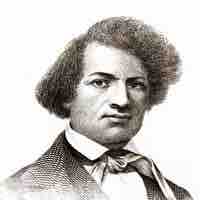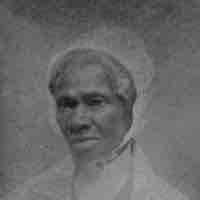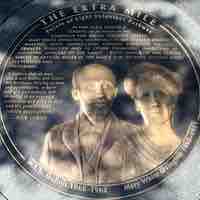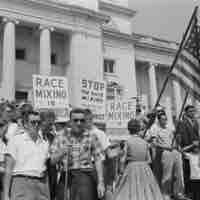Section 1
Slavery and Civil Rights
Book
Version 13
By Boundless
By Boundless
Boundless Political Science
Political Science
by Boundless
5 concepts

Slavery and the Abolitionist Movement
Slavery continued until 1865, when abolitionists argued against its conditions as violating Christian principals and rights to equality.

Abolitionism and the Women's Rights Movement
Many women involved in the early abolitionist movement went on to be important leaders in the early women's rights and suffrage movements.
The Civil War Amendments
The Civil War Amendments protected equality for emancipated slaves by banning slavery, defining citizenship, and ensuring voting rights.

The NAACP
The NAACP, which was founded in 1909, advocates for full civil liberties and an end to racial discrimination and violence.

Litigating for Equality After World War II
Post-WWI civil rights were expanded through court rulings such as Brown v. Board of Education (1954), which helped integrate public schools.